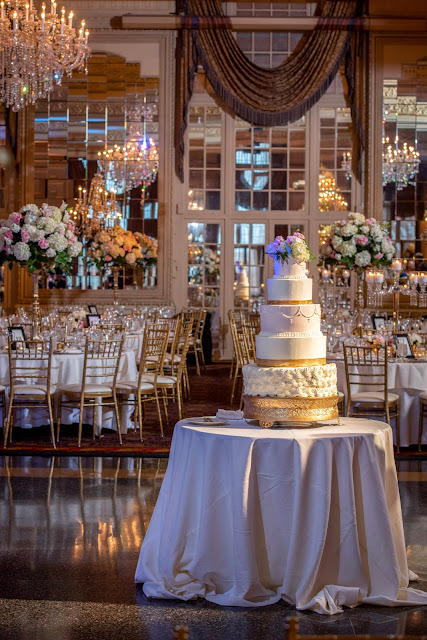Before the COVID hit, I spent some time working for a small publishing company. I went into it as a writer, not knowing what publishing was all about. I learned a lot. For example, there are approximately 7 million kinds of paper (Okay, I might be exaggerating, but it's a lot!) My job was to help walk authors through the process from start to finish. Here are a few things I learned that are crucial to writers. You need editors. I spoke to so many writers who told me that their manuscripts were "already edited." None of them were right. That's because most people have not invested in a professional editor, and editing is often still needed even after a professional has been over the work. At a minimum, you need a couple of different types of editors on your team. A developmental editor is one who looks at plot, consistency, story flow, character arcs, and other literary elements of the work. That person may also notice spelling and grammar issues, but that's not...



















